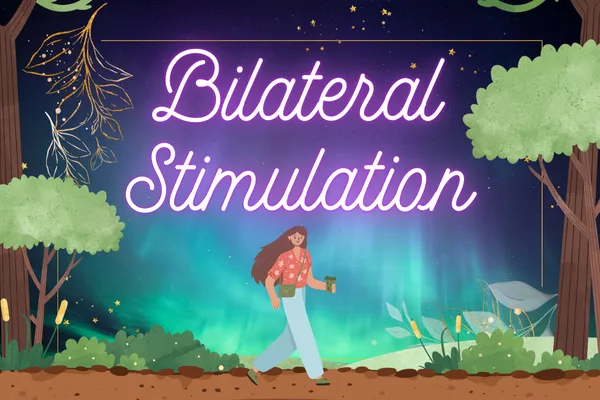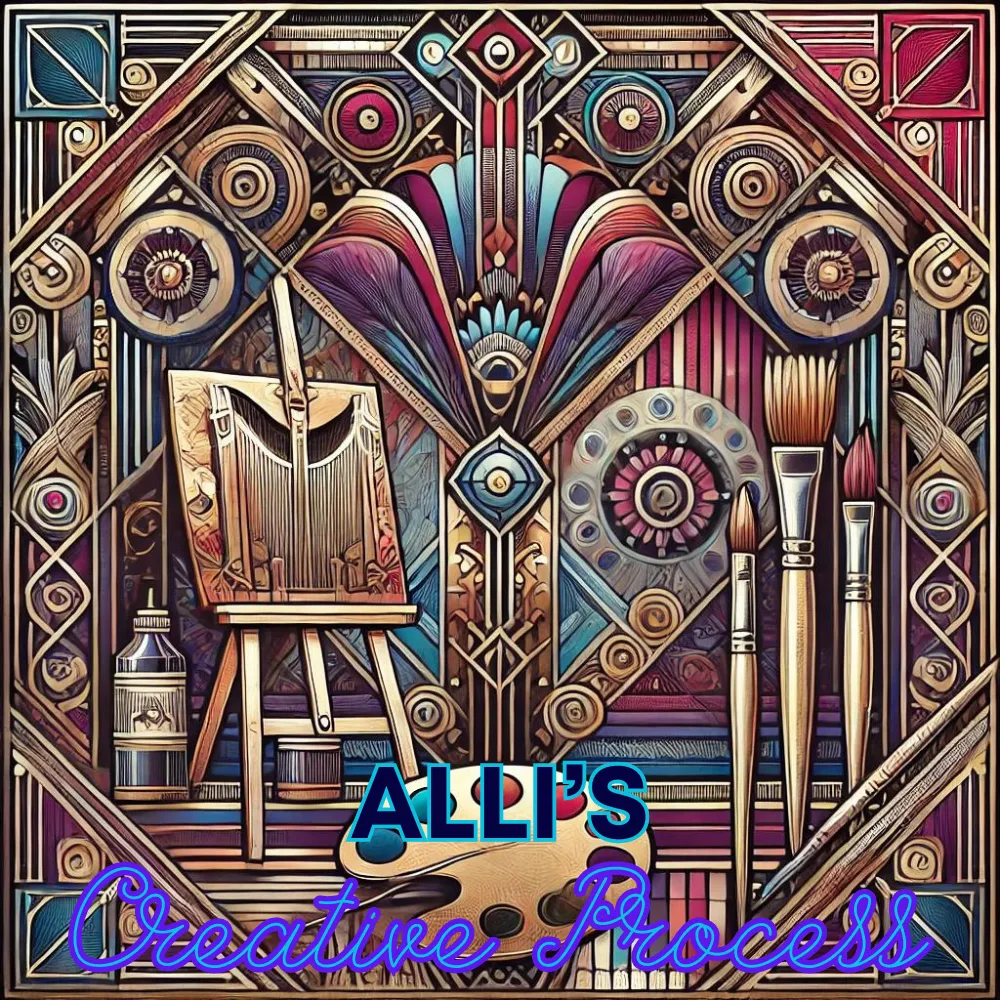The Sparkle Blog
How Bilateral Stimulation is Helpful for Neurodivergent Folx
Bilateral stimulation aids neurodivergent individuals by enhancing emotional processing, reducing anxiety, and improving cognitive flexibility.
Therapist Alli Shares Her Creative Process
FlowArt's Art Therapist, Alli Fisher, talks about her creative process and includes three art directives for you to do at home. Check out her amazing art in the blog!
Listening to Your Body: The Interoceptive System
Interoception is our ability to sense internal bodily states, such as hunger, thirst, and pain. This system plays a crucial role in maintaining overall health and well-being by helping us recognize and respond to our body's needs.
Body Awareness: The Proprioceptive System
Proprioception involves sensing the position and movement of the body through receptors in our muscles and joints. This system plays a crucial role in coordinating movement, maintaining balance, and performing everyday activities with precision.
© 2024 FlowArt
The information contained in this Web site and from it's resources is for general guidance on matters of interest only. The information contained in this website is for general information purposes only. The information contained in or through our website is not intended to provide medical advice and is not intended to be a substitute for professional medical advice, diagnosis or treatment that can be provided by your own Medical Provider (including doctor/physician, nurse, physician’s assistant, or any other health professional), Mental Health Provider (including psychiatrist, psychologist, therapist, counselor, or social worker), or member of the clergy. The website and its education resources are not be used as a substitute for consultation with a professional psychologist or other professional health or medical provider. Therefore, do not disregard or delay seeking professional medical, mental health or religious advice because of information you have read on this website or received from us. Do not stop taking any medications without speaking to your own Medical Provider or Mental Health Provider. If you have or suspect that you have a medical or mental health problem, contact your own Medical Provider or Mental Health Provider promptly.






